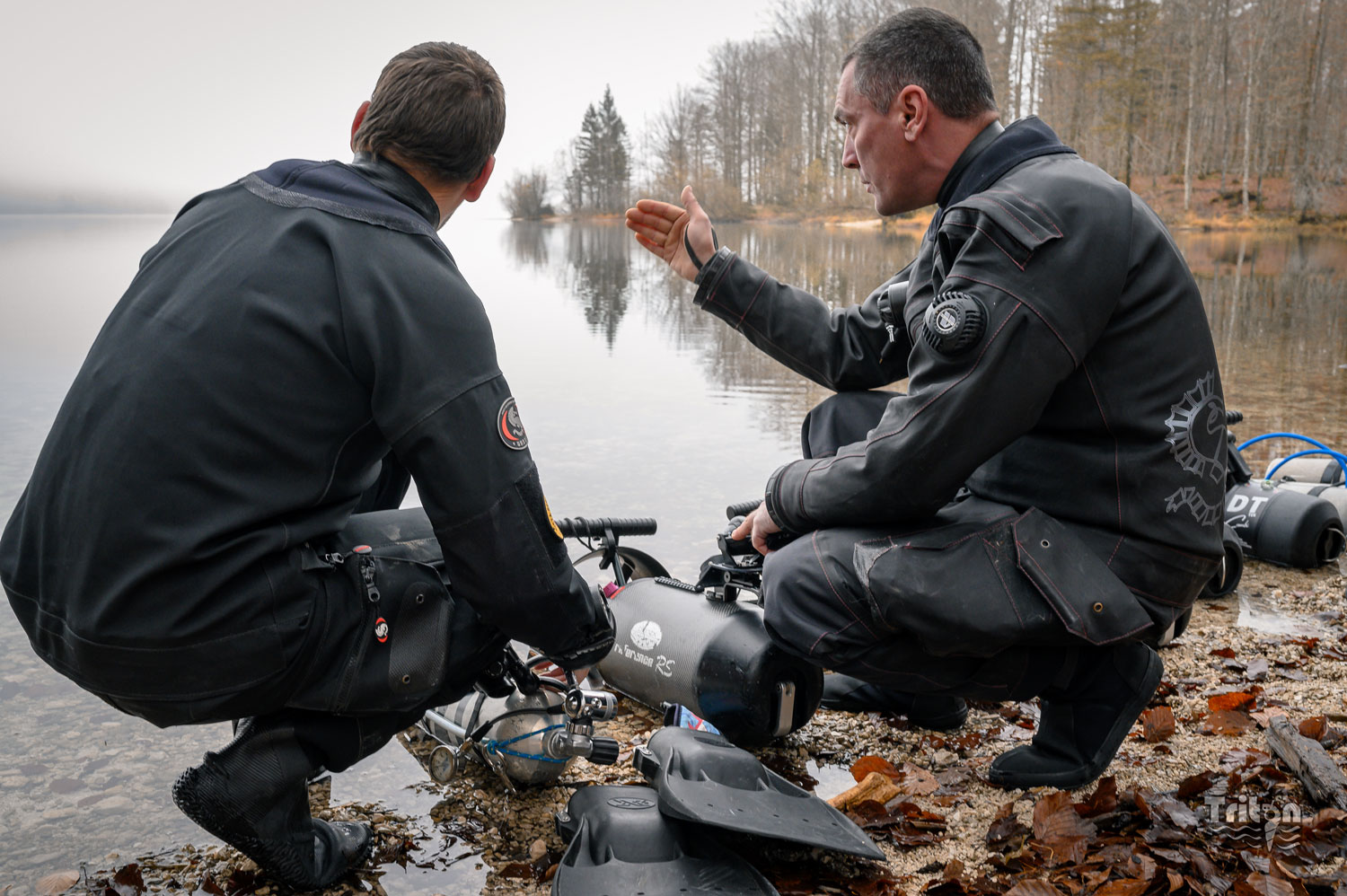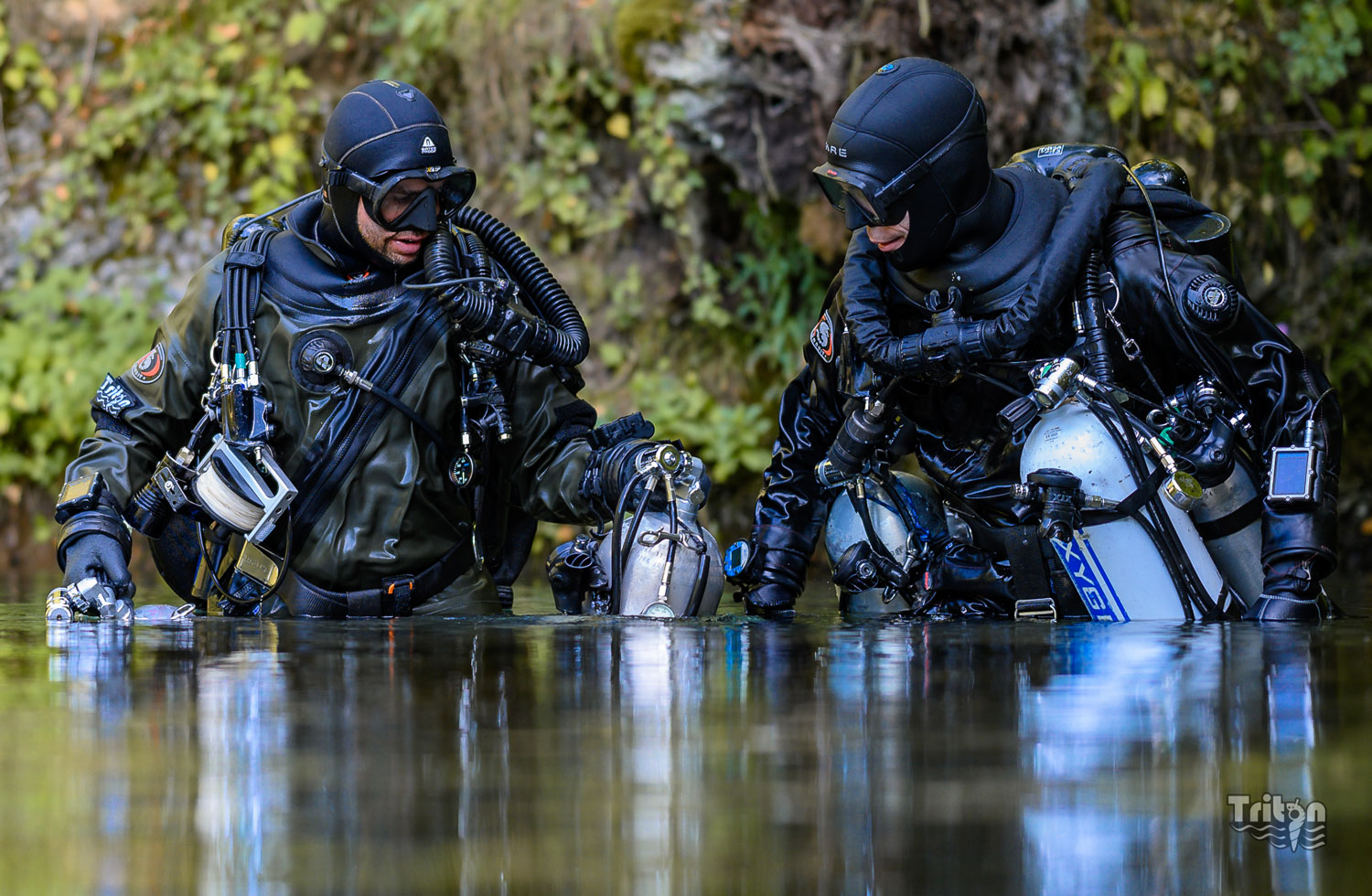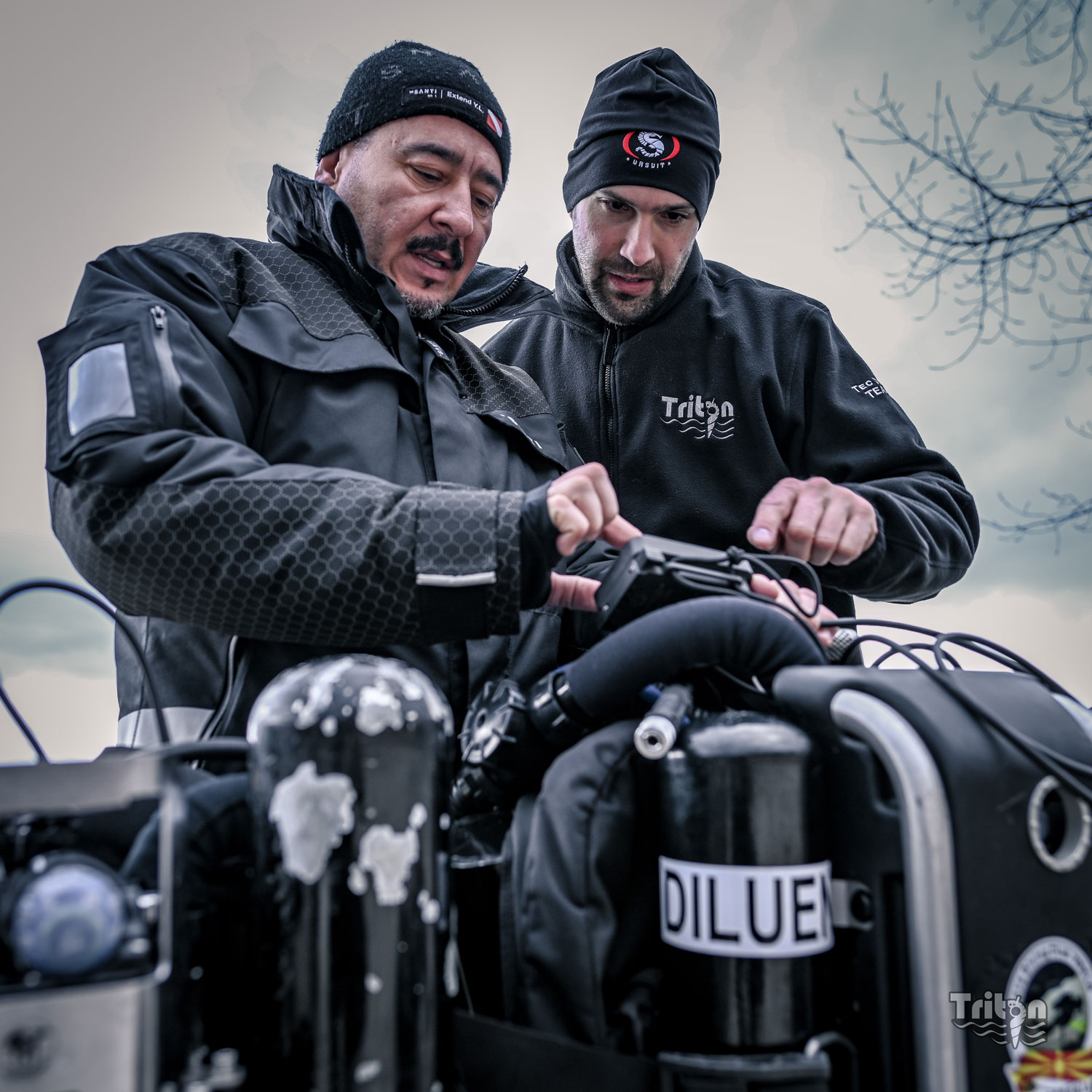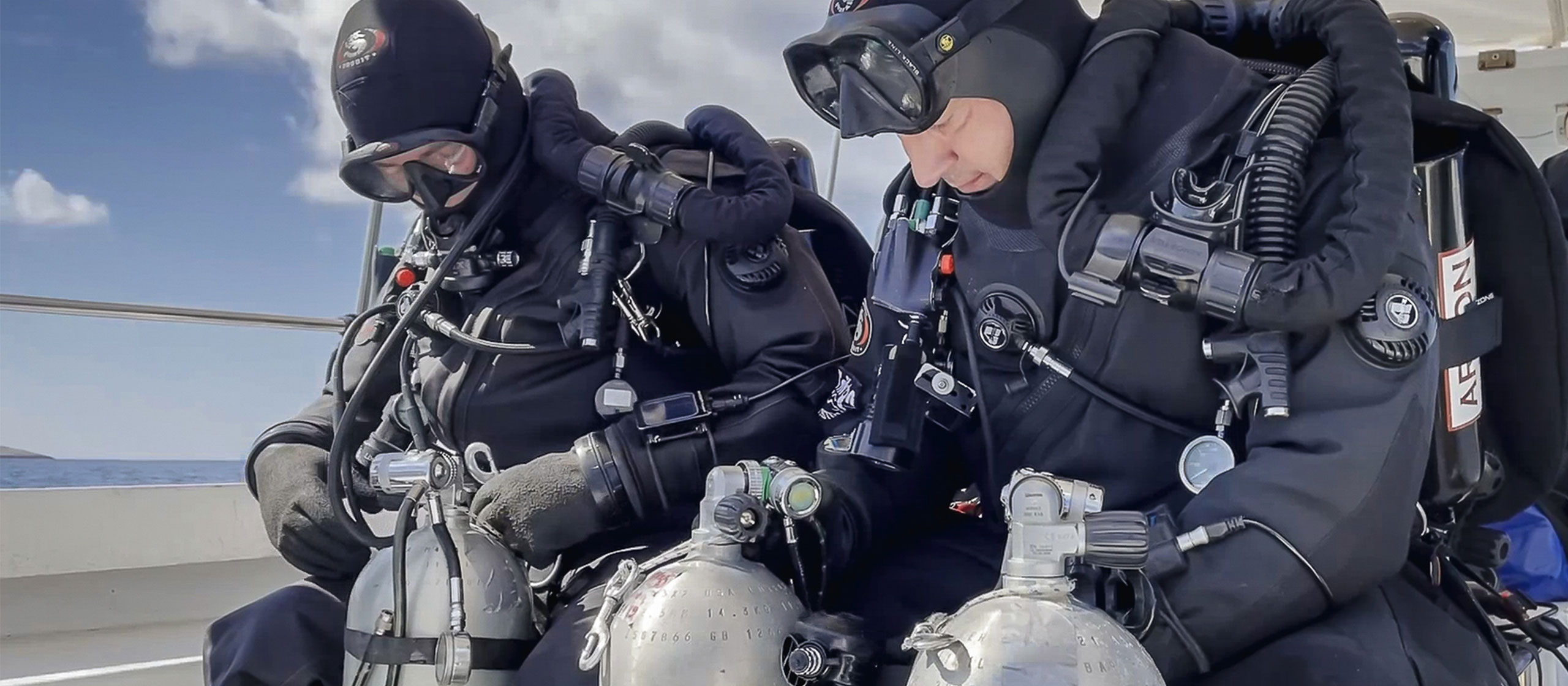Features
To dive or not to dive?
Skipping a dive can be necessary for various reasons. Recognising when to say NO is a vital safety skill.
We all know it’s hard to resist a dive. Yet even with a medical clearance in your pocket, there are situations where staying dry is probably the better decision. Let’s take a look at some reasons to sit out a dive.
PHYSICAL AND MENTAL WELL-BEING
Ask yourself, how are you feeling? Did you sleep all right, and are you well rested? Or did you have a bit of a party with your friends, and one or two drinks too many? I’m sure we’ve all been there more than once.
Are you under a lot of pressure due to things going on in your life, and do you feel you can’t focus properly? Too much stress at work? Then maybe it would be better to give yourself some time to regain your strength and clear your mind before hitting the water.
Do you feel nauseous after a long boat ride? In some cases, getting underwater quickly, to a depth where you can’t feel the waves, will make you feel better. However, keep in mind that gearing up in a rocking boat can lead to more nausea. Nobody but you can judge how you feel inside, so pay attention to the signals your body is sending you.
Are you congested or having a toothache? Taking a dive under such circumstances can only worsen your discomfort and might introduce additional health and safety complications. If you aren’t feeling well, don’t make it worse by pushing yourself!

LEVEL OF TRAINING
Are you okay with the proposed dive plan? Do you find it reasonable, and Is it in line with your training and experience?
Maybe a group of divers invites you to join a dive that is a little beyond your level of training, or just generally too sketchy for your likes. Saying no can be hard: Maybe the dive site is tempting, or maybe you don’t want to look weak. Remind yourself though why you started diving in the first place: My guess is to enjoy the underwater world. Would you enjoy being stressed underwater? I honestly doubt it.
BUDDIES
Are you comfortable with the people you are going to dive with? Can you rely on them above and below the surface, and do you have good communication? Do you think they’re capable of handling problems?
If you do not feel comfortable with a person who is supposed to be your buddy, you should say so without being afraid of hurting people’s feelings. I’ve often seen divers who aren’t team players and act in unpredictable ways. Being such a diver’s buddy is neither pleasant nor safe.Although it’s good to be self-reliant in most situations while diving, it is always better to have someone with whom you feel safe by your side.

EQUIPMENT ISSUES
Do you trust your equipment? If you’re paying for rental gear, it’s reasonable to expect equipment that fits you and works well. If you’re not comfortable with it, you should request a change. Obviously, a sudden irreparable equipment malfunction is a reason to call a dive. Maybe other divers will offer a piece of equipment that can bypass the problem, but if you don’t feel confident using it, skip a dive. Remember: Take good care of your equipment, and it will take good care of you!
DIVE CONDITIONS
Are the conditions suitable for diving? Some sites are remote and require financial expenses and physical effort to reach. Once you’ve made the effort to get there, calling a dive can be hard, even when unfavourable weather or other environmental conditions might warrant it.
Challenging conditions may include waves, currents, high winds, low visibility, or hazardous marine life. Waves and currents can make water entries and exits quite demanding, and even dangerous. Low visibility can ruin a dive, especially if you aren’t expecting it. Water temperatures are usually quite predictable, but may warrant a thicker wetsuit and more weights than you’re used to. You may even need a drysuit, which requires additional training. Both the temperature and the associated equipment changes can act as stressors. If you do not feel capable of handling these issues, do not dive.

FEAR OF MISSING OUT
It is often said that any diver can call a dive at any time and for any reason. However, in today’s fast-paced culture, it can be hard to accept losing the opportunity to do something. This is sometimes called FOMO, for Fear Of Missing Out – a feeling of apprehension to miss out on information or experiences. This can be amplified by social media, especially when the experience or activity in question is trending.
Ask yourself: Are you pushing yourself to do things to impress your friends and people on social media (such as sharing lots of underwater photos)? Are you really enjoying the present moment, or are you constantly thinking about the next item on your bucket list? Take your time. Enjoy your dive. Appreciate the company of your buddies and the fact that you are able to do the thing you love.
A wise person once said, “It’s much better to sit on the boat wishing you were diving than to be diving wishing you were sitting on the boat.” Often, problems can be caught prior to the dive, so that they don’t escalate in snowball fashion upon immersion. Pre-dive check lists go a long way in catching potential problems before they occur.
Finally, don’t put yourself and others in danger. We practise many different skills during our training. Knowing when to skip a dive is as important as any of them.
About the author
Dr. Dubravka Vejnovic, from Belgrade, Serbia, is a DAN Europe Ambassador, technical diver, mother, and scientist with a Ph.D. in applied genetics. With over 15 years of diving experience, her expertise lies in CCR trimix diving, with a passion for wrecks and caves. As the only female member of the Triton Tec Team, the largest technical diving team in the Balkans and beyond, she stands out in the diving community. Dr. Vejnovic is also a brand ambassador for SANTI, Poseidon SEE, and Technical Diving International, actively representing and promoting excellence in the diving world.

